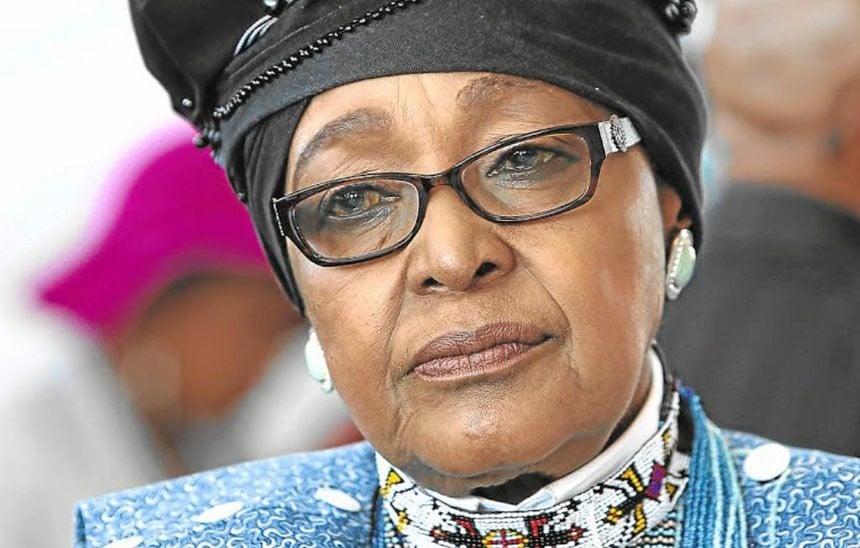

Dear All,
Winnie Madikizela-Mandela, who died last week, was not just the ex wife of Nelson Mandela she was a courageous freedom fighter and one of the leading figures of ANC’s struggle against the brutal apartheid regime in South Africa.
But in the years following Mandela’s release from prison in 1990 (after 27 years), Winnie Mandela’s reputation was tarnished by allegations of infidelity, corruption, torture and murder. The most damning of these was the case of a 14-year-old boy Stompie Moeketsi who was abducted from Soweto and killed. Reportedly the boy -- on suspicion of being an informer -- had been picked up and beaten by members of the Mandela United Football Club, which acted as Winnie’s personal bodyguard.
Soon after the Stompie story broke in the international press, the doctor, Baker Abu Asvat, who had been called in to tend to injured boy and hence would have been an important witness was shot dead in his surgery. This case, along with Winnie Mandela’s 1985 ‘necklaces’ speech about the treatment of informers (with our boxes of matches and our necklaces we shall liberate this country), in which she referred to the way township residents dealt with suspected collaborators by burning them alive using a tyre and petrol, generated a great deal of controversy around her person.
She was appointed deputy minister (for arts, culture, science and technology) in South Africa’s first majority rule government but fired by Mandela for unauthorised travel abroad at a time she was mired in allegations of fraud. She managed to survive the Stompie trial (the murder charge was dropped and on appeal the assault charge was dismissed as well) but estrangement from Mandela, along with reports of various affairs, tarnished her reputation further. Mandela divorced her in 1996.
Despite the accusations, enquiries and the court cases, Madikizela-Mandela could not be sidelined politically. She was elected to the Women’s League leadership which she held for many years, she then returned to the ANC national executive in 2007 and was later re-elected to parliament. For those in the rank and file of the ANC, she remained the mother of the anti-apartheid movement, a brave freedom fighter and liberator rather than a philanderer, venal politician or an advocate of violence.
This is the thing about freedom fighters: they generally do not achieve their aims through pacifism or non-violence. Nelson Mandela spent almost three decades in prison while the ANC resisted the apartheid regime so he had the luxury of not having ‘blood on his hands’. He was able to use this time to read, reflect, plan and forgive while Winnie was actually leading and fighting on the frontline of the resistance.
She herself was detained several times: in May 1969 she was held for seventeen months (most of it in solitary confinement) and treated brutally by the police, eventually ending up in hospital. In 1977 the state sent her into ‘internal exile’ sending her to a shack in Brandfort in the Orange Free State, isolated, miles away from family and under surveillance that journalists said was akin to persecution.
When Nelson Mandela was sent to Robben Island, Winnie who was 17 years his junior was a young mother of two girls, yet she kept Mandela’s engagement with the struggle alive and displayed immense courage herself. Her chequered past and her outspoken and bellicose personality did not perhaps fit the rather sanitised expectations of the leaders of the new Republic nor did they endear her to those at the helm of power. But President Ramaphosa’s announcement that she will be given a state funeral (this Saturday), restores her to the pantheon of top anti-apartheid leaders and acknowledges her as one of South Africa’s bravest daughters and a key figure in this movement. And let’s not pretend such a movement is ever a bloodless struggle.
Best wishes